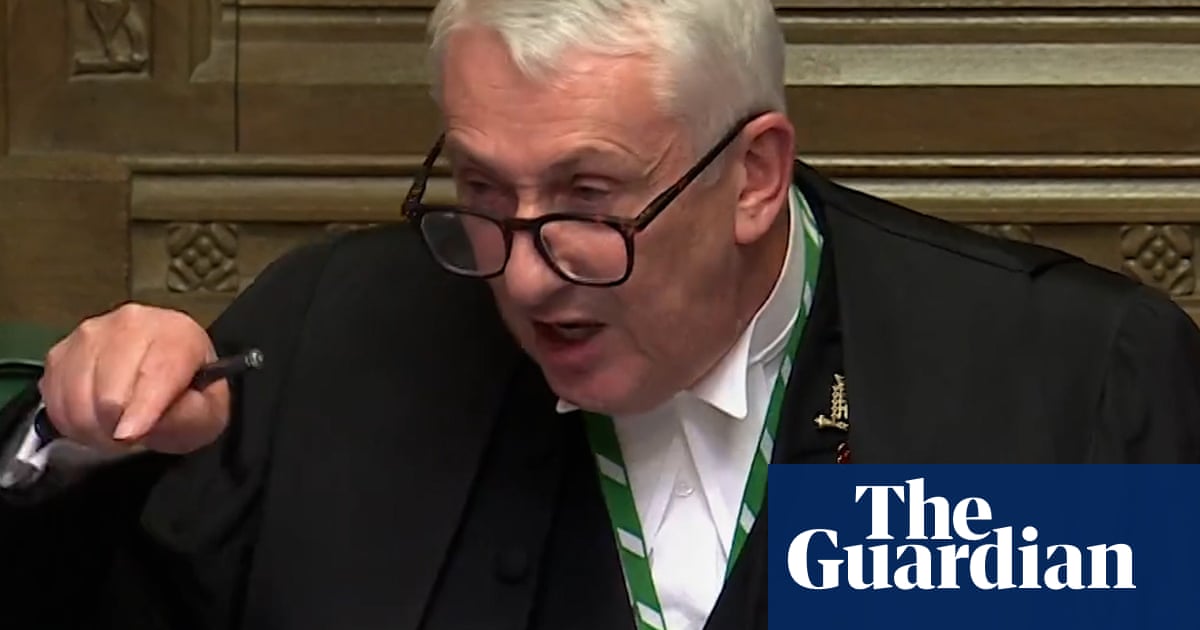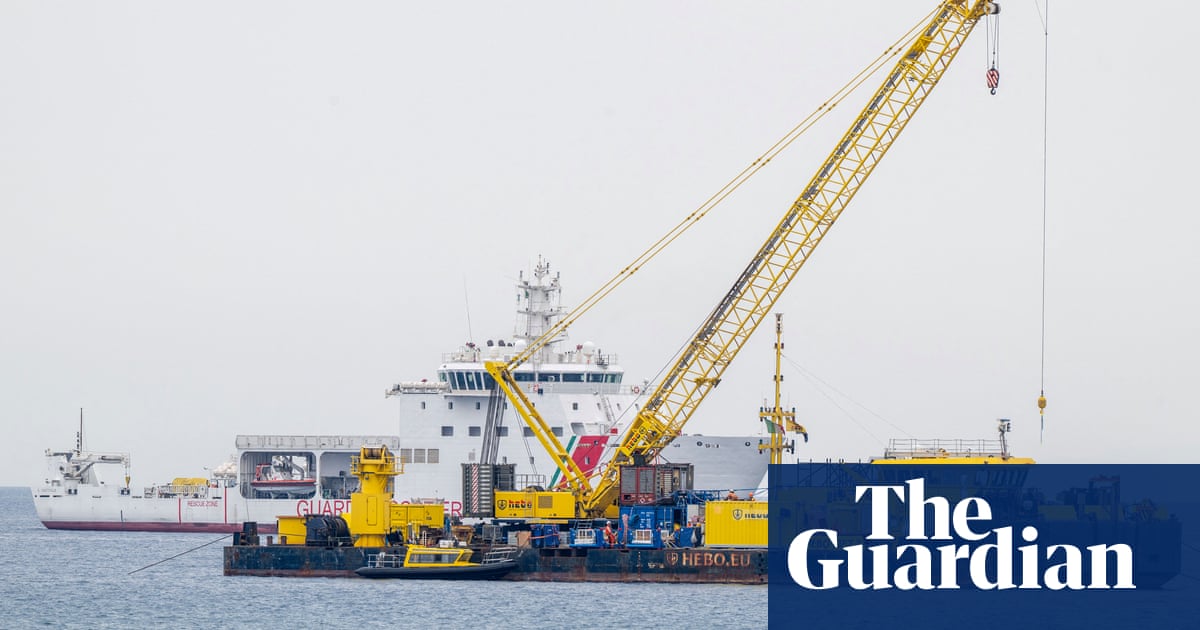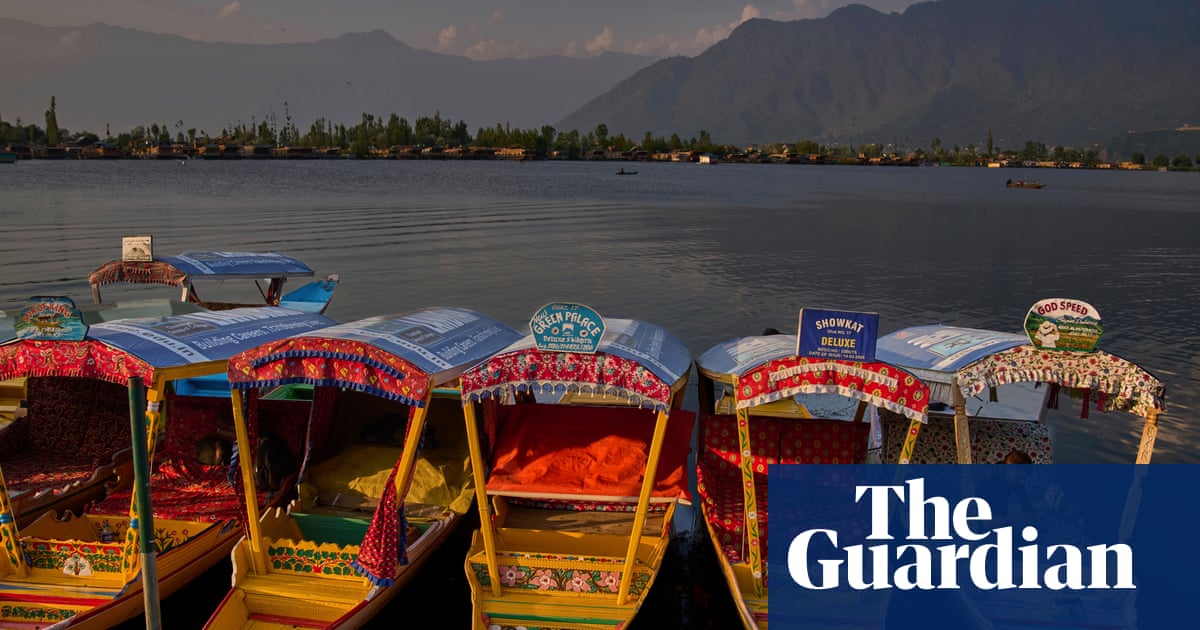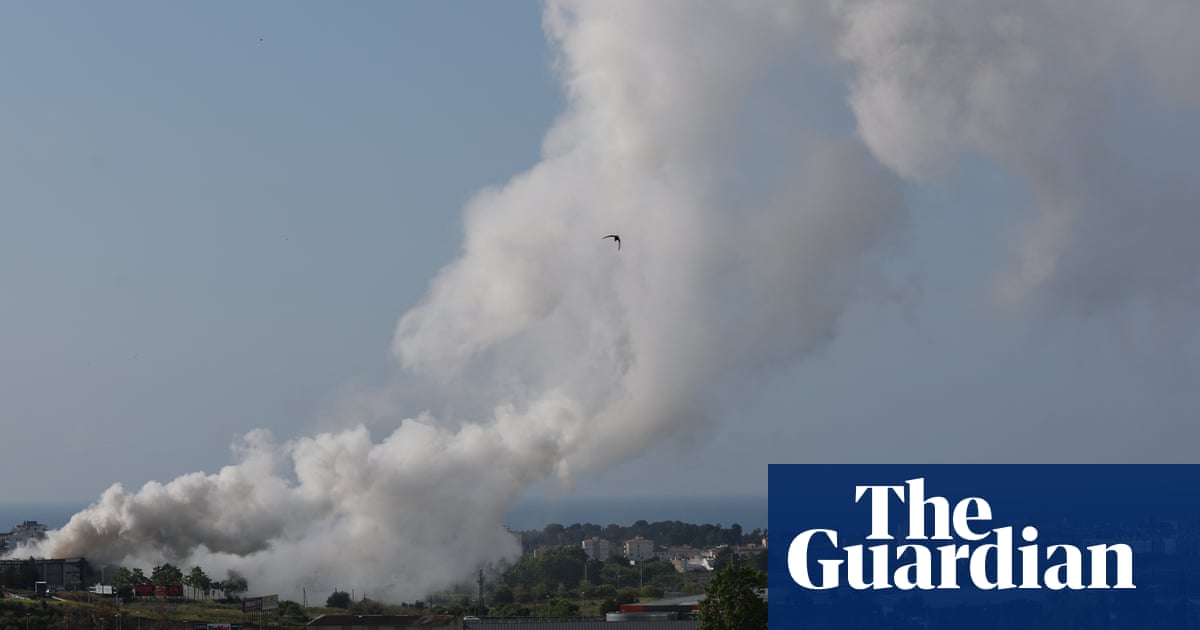Colombian president Gustavo Petro announced on Sunday that he would be sending a presidential plane to “facilitate the dignified return of Colombian nationals” after he had earlier blocked two US military aircraft carrying deported Colombians from landing in his country, prompting Donald Trump to enact emergency tariffs and other retaliatory measures.
In a statement, Petro caved to US pressure, saying, the presidential plane would facilitate the “dignified return of Colombian nationals who were to arrive in the country today in the morning hours, coming in from deportation flights”, read a statement released on Sunday.
“This measure is in response to the government’s commitment to guarantee dignified conditions. In no way have Colombians, as patriots and subjects of rights, been or will be banished from Colombian territory,” the statement continued.
However it is not clear if Petro’s concession applied only to the two flights, with about 80 detainees, diverted to Honduras of if he is willing to accept future US deportation flights.
Mexico had also reportedly refused to receive a similar flight on Saturday, according to US officials cited by Reuters and NBC News.
In an early Sunday post on Twitter/X, Colombia’s leftist leader wrote: “A migrant is not a criminal and must be treated with the dignity that every human being deserves.
“That is why I ordered the return of US military planes carrying Colombian migrants,” Petro wrote, sharing a video of Brazilian deportees who had been flown out of the US on Friday, shackled at the wrists and ankles.
He added: “I cannot force migrants to remain in a country that does not want them. But if that country returns them, it must be with dignity and respect – for both them and our nation. In civilian planes, and without treating them like criminals, we will welcome our compatriots. Colombia deserves respect,” wrote the president.
Later on Sunday, the US president responded fiercely in a post on his Truth Social network. Trump wrote that he had been informed that two repatriation flights from the US to Colombia had been denied landing clearance.
Trump wrote that flights had “a large number of Illegal Criminals” and said the landing-denial order was given by “Colombia’s Socialist President Gustavo Petro”, who he said “is already very unpopular amongst his people”.
He accused Petro of jeopardizing US national security and public safety and directed his administration “take the following urgent and decisive retaliatory measures”.
The measures include doubling tariffs on Colombian exports to the US to 50%; a ban and visa revocations on the Colombian government officials “and all Allies and Supporters”, and enhanced inspections of all Colombian nationals and cargo entering the US and what he called “national security grounds”.
“These measures are just the beginning,” Trump added. “We will not allow the Colombian Government to violate its legal obligations with regard to the acceptance and return of the Criminals they forced into the United States!”
Trump’s secretary of state, Marco Rubio, wrote on Sunday on X that the president “has made it clear that under his administration America will no longer be lied to nor taken advantage of”.
“It is the responsibility of each nation to take back their citizens who are illegally present in the United States in a serious and expeditious manner,” Rubio added. “As demonstrated by today’s actions, we are unwavering in our commitment to end illegal immigration and bolster America’s border security.”
In an earlier post, Petro had already written: “The US must establish a protocol for the dignified treatment of migrants before we accept their return.”
According to Reuters, Colombia on Sunday refused landing clearance for two US military aircraft, each carrying approximately 80 migrants. The planes reportedly had already departed from California when the South American country pulled their clearances.
after newsletter promotion
The flight bound for Mexico reportedly did not even take off after the Mexican government denied permission.
Petro’s comments add to the growing chorus of discontent in Latin America as the US president’s week-old administration starts mobilizing for mass deportations.
A flight carrying 88 deported Brazilians landed in Brazil, but not without triggering the first diplomatic clash between Trump’s new administration and Brazil’s leftist president, Luiz Inácio Lula da Silva.
The flight, which left Alexandria, Louisiana, on Friday, was destined for Belo Horizonte in south-eastern Brazil. However, due to technical issues, it made unscheduled stops in Panama, and Manaus in northern Brazil.
US officials reportedly sought to continue the journey, but the Brazilian government intervened, dispatching an air force aircraft to complete the final leg without handcuffs and leg irons. The deportees arrived in Belo Horizonte at about 9pm on Saturday.
In a statement issued on Sunday, Brazil’s ministry of foreign affairs announced it would file a formal “request for clarification” with the US government over the “degrading treatment” of the deportees – including six children, who reportedly were not shackled.
Such deportation flights have been ongoing since the first Trump administration signed an agreement with Brazil in 2017. Last year alone, 17 flights transported deportees from Alexandria to Belo Horizonte.
However, the Brazilian government claims that the use of handcuffs and leg irons “violates the terms of the agreement with the US, which requires the dignified, respectful, and humane treatment of deportees”.
Deportees told Brazilian media upon their arrival that they were assaulted and threatened by US agents during the flight.
An internal Department of Homeland Security memo obtained by the New York Times revealed that the Trump administration is rolling out a new series of stringent measures to expedite deportations. The directive grants Immigration and Customs Enforcement (Ice) officers sweeping authority to fast-track removals.

 3 months ago
53
3 months ago
53













































